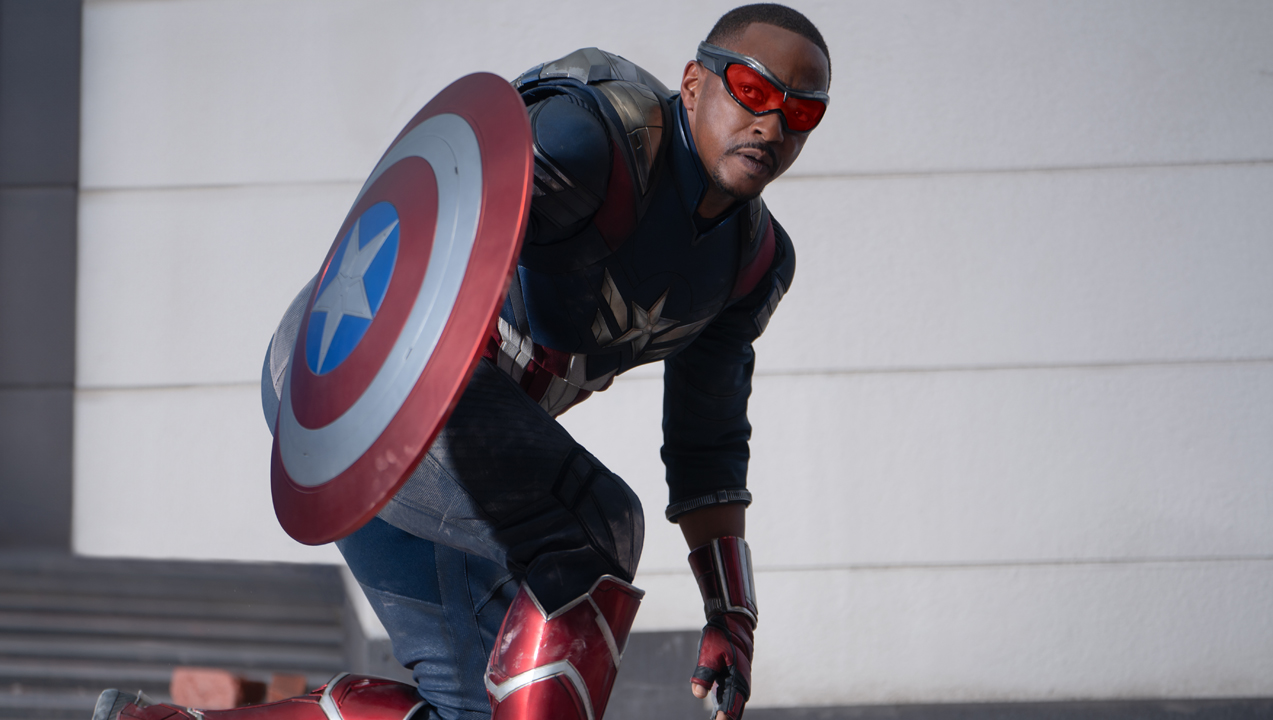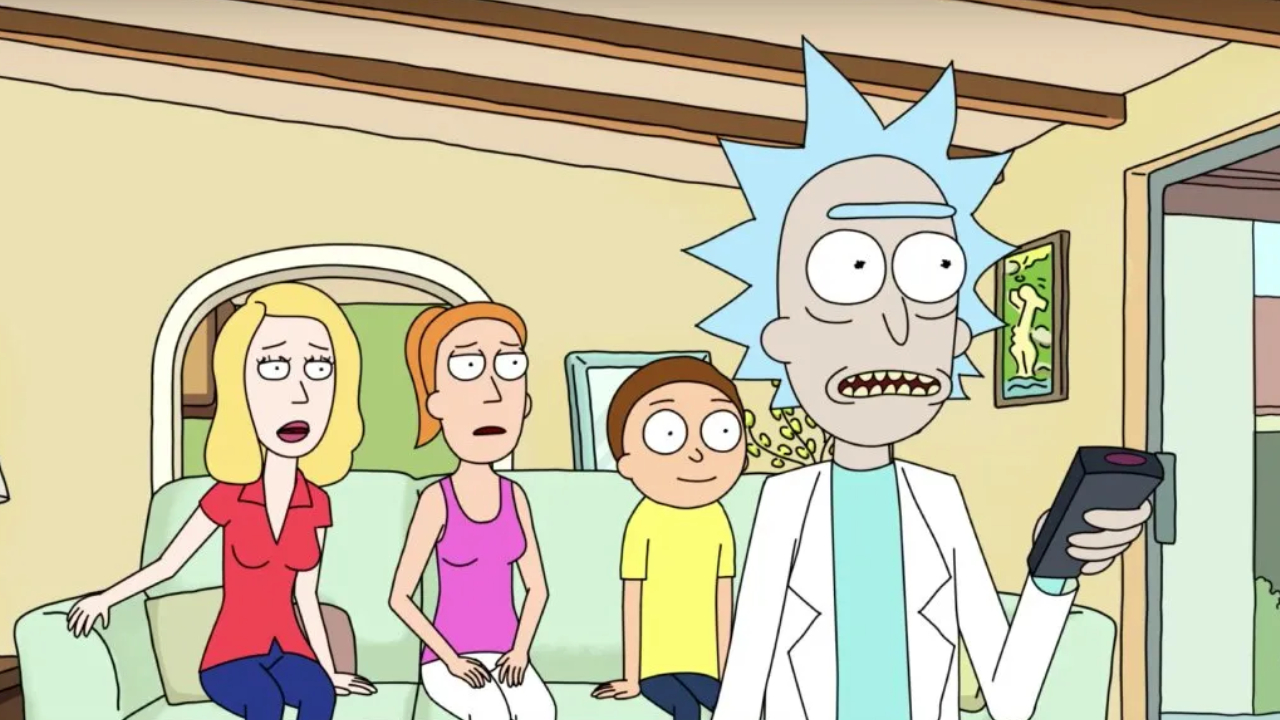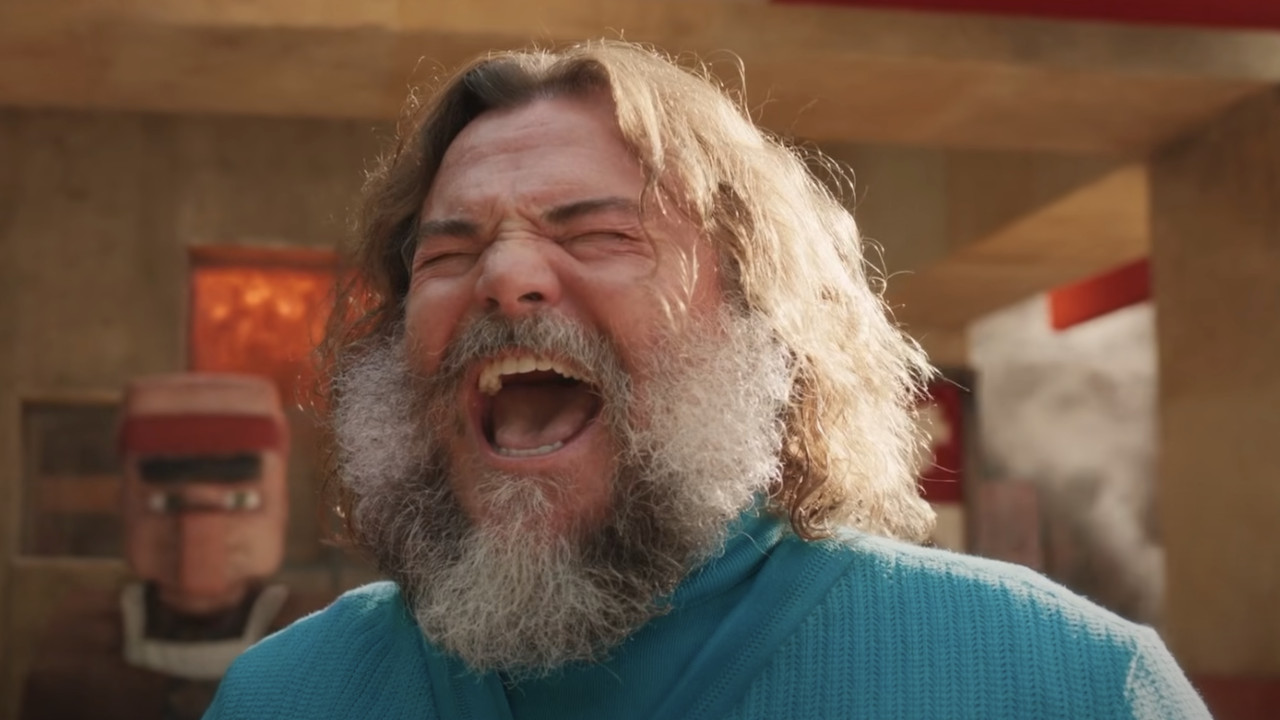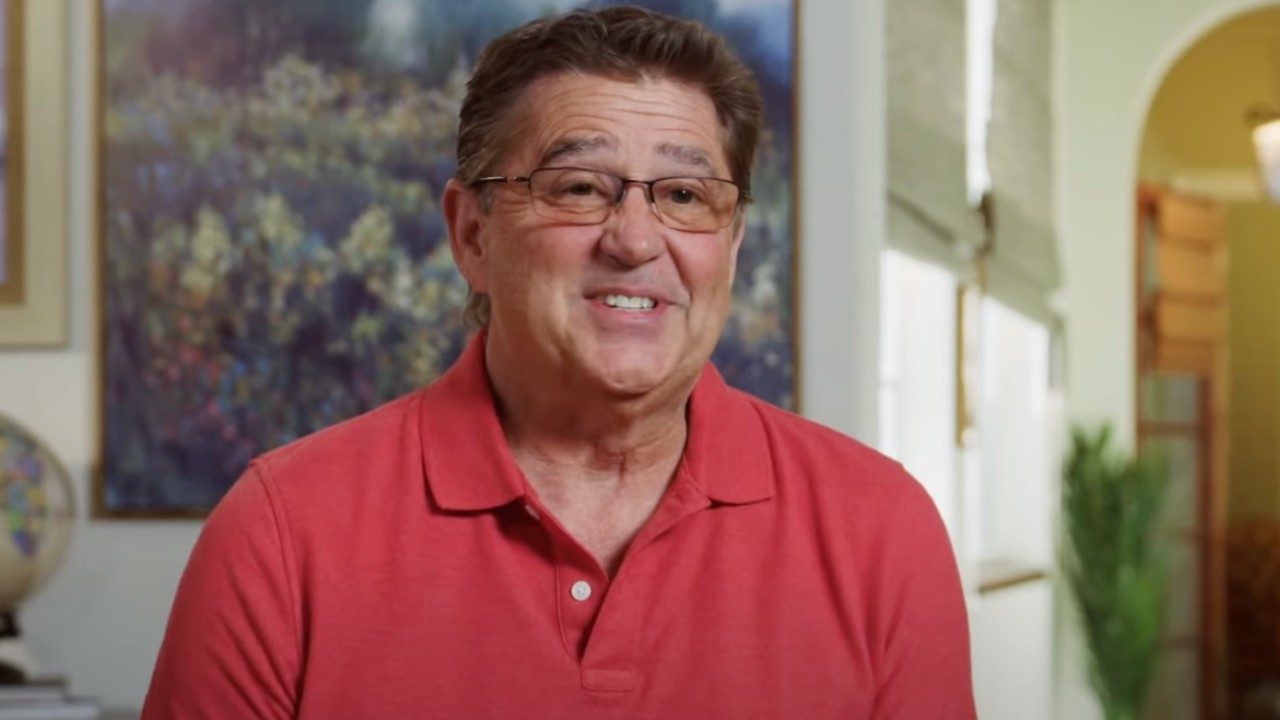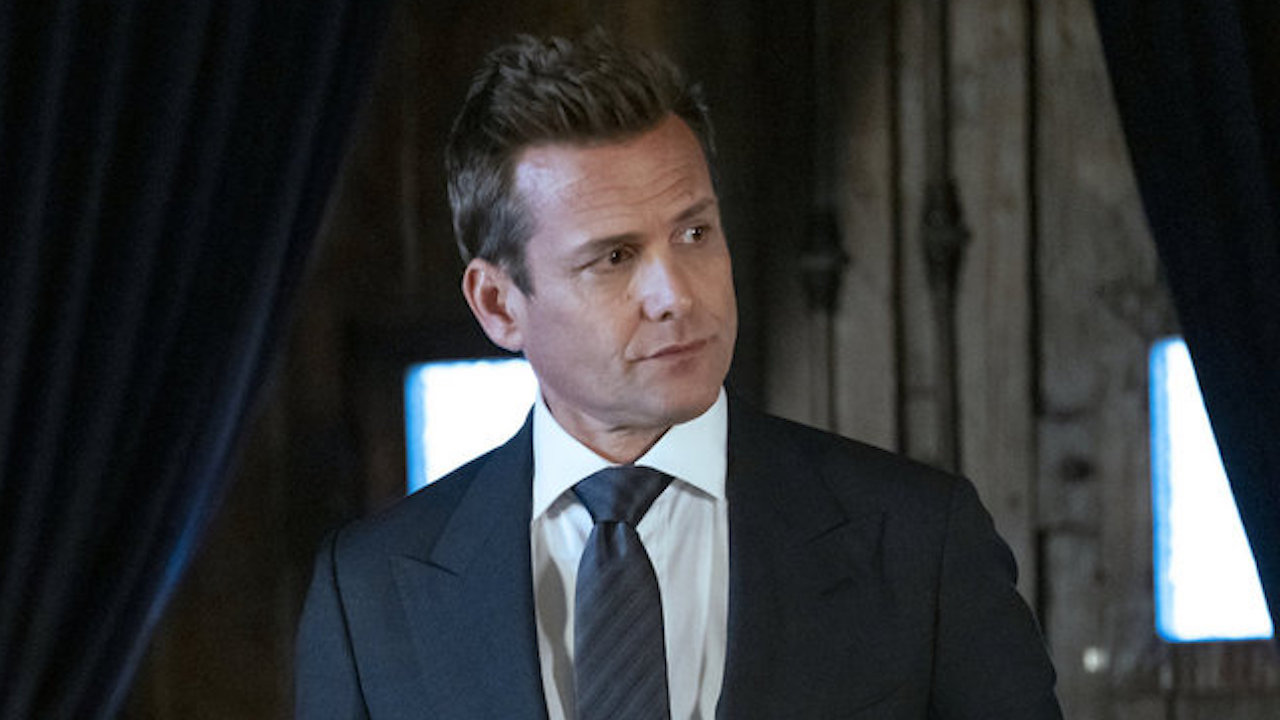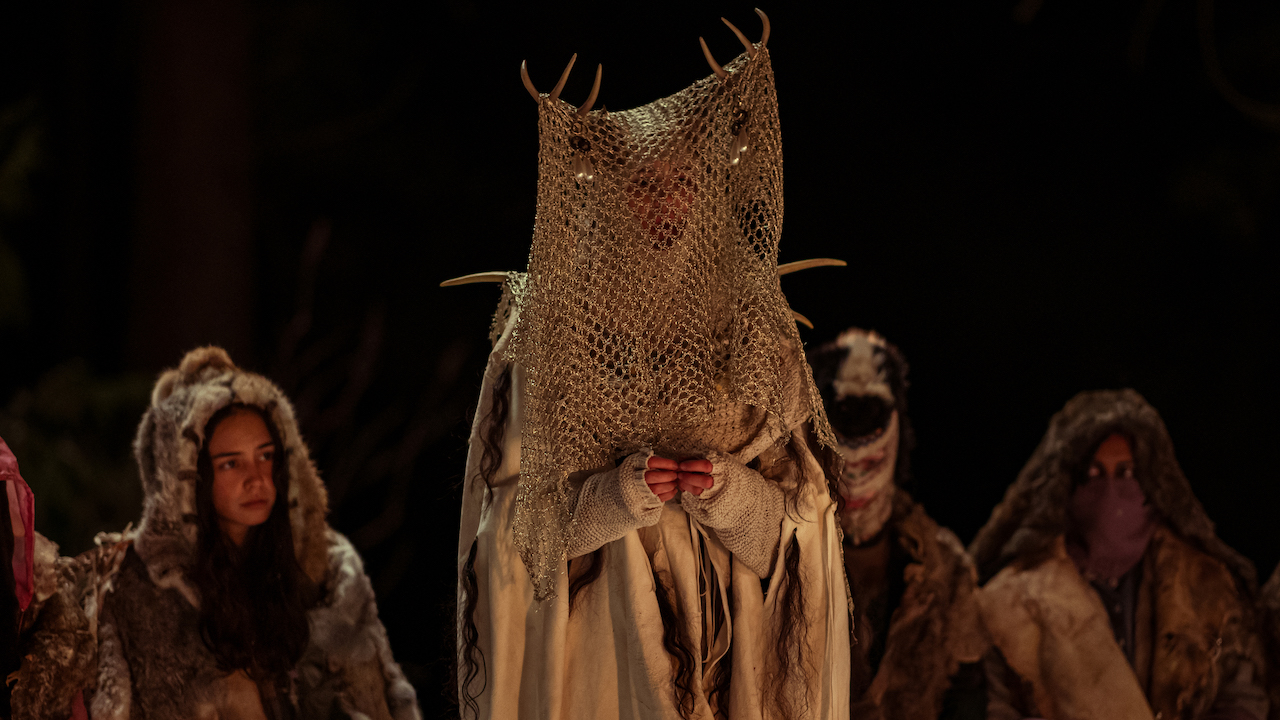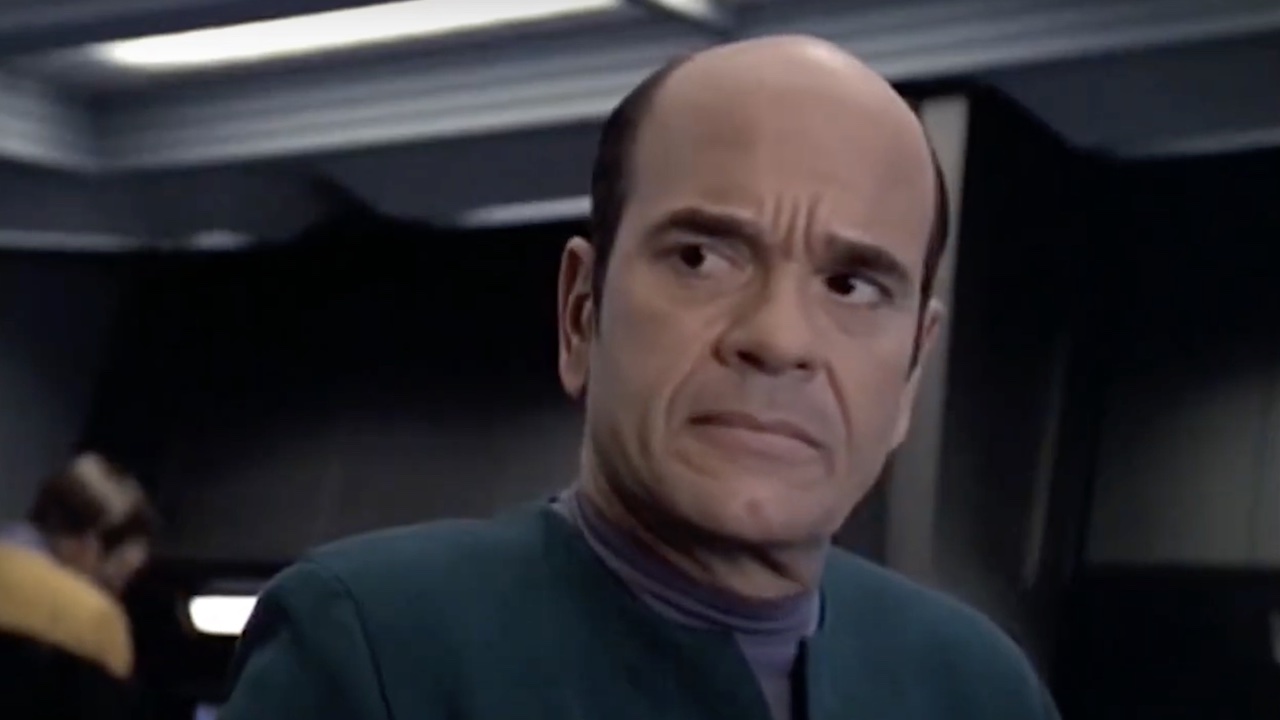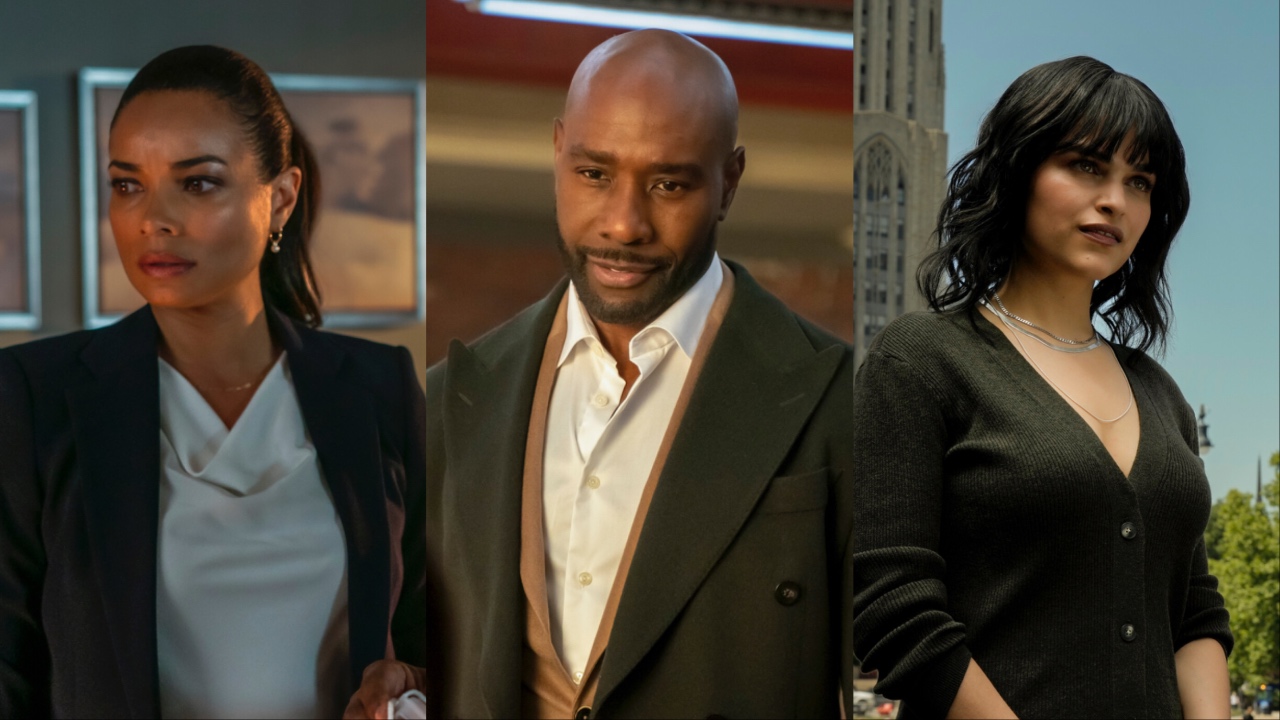Why The Soul Stone Sequence Is The Worst Part Of Infinity War
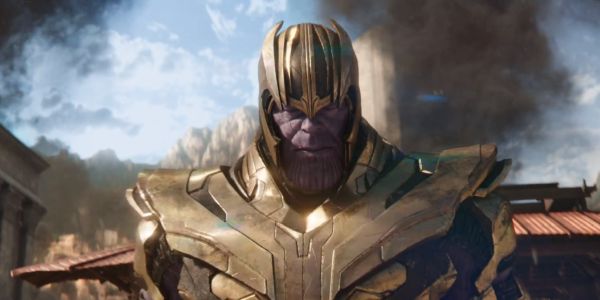
The following contains major spoilers for Avengers: Infinity War. You really don't want to read this if you haven't seen it.
Earlier this week my colleague and friend Eric Eisenberg wrote a compelling piece about why the Soul Stone sequence of Avengers: Infinity War is the best part of the new film. It's a solid argument that is well written and compelling. You should totally read it. It's good. It's also wrong. The more I think about it, the more I have come to the conclusion that not only is this part of Infinity War not the best (because seriously, Groot and Stormbreaker man, can you beat that?), it's actually the worst part of the film.
To get everybody up to speed in case Avengers: Infinity War blew your mind so hard you don't remember parts of it, or you've already had it spoiled for you, we learn in the film that Gamora (Zoe Saldana) has known the location of the Soul Stone for some time, but has kept it secret from Thanos (Josh Brolin). Unfortunately, he knows that she knows, and in order to prevent further torment to her sister Nebula (Karen Gillan), Gamora gives up the location. When Gamora and Thanos arrive on the planet Vormir, they learn that in order to obtain the stone, one must sacrifice somebody they love. Gamora believes that Thanos has been beaten by this, because he loves nothing. But it turns out that, because he loves Gamora, he can, and does, sacrifice her to obtain the long-lost Soul Stone.
The idea is that, while Gamora doesn't consider Thanos' treatment of her to be love, in his own way, he does care deeply for her, and because he does, her life can be given up by him to get what he needs in order to complete this terrible task that he has burdened himself with. That's a load of bullshit.
I absolutely accept that Thanos believes he truly loves Gamora. Of course he does. He thinks he's wiping out half of the universe for the greater good. He has to do it though, because he's the only one with the willingness to take this terrible step that must be taken for the rest of the life in the universe to thrive. He doesn't love Gamora. He doesn't love anything. He isn't noble, he's evil. Love isn't something that's bestowed on somebody, it isn't that one-sided. I think there was a movie that came out not that long ago that was all about how parents who abuse their children don't actually love them. It was about a group of people who have all suffered loss and abuse finding some measure of healing by banding together. Oh, right, it was called Guardians of the Galaxy Vol. 2.
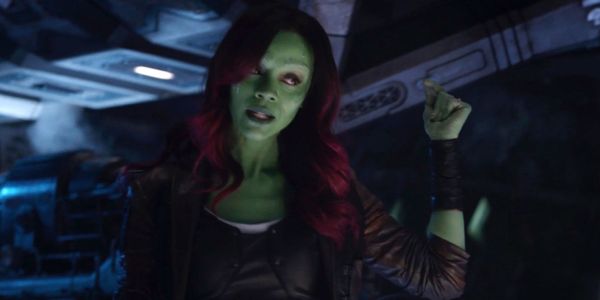
Guardians of the Galaxy Vol.2 deals with many stories of abuse, the relationship between Yondu (Michael Rooker) and Peter (Chris Pratt) primarily, but a large part of it specifically deals with Gamora and Nebula and what their life was like being raised by Thanos. He used to set the pair against each other in physical battles that resulted in Nebula having her own body changed against her will. Nebula hated Thanos, but also blamed her stronger sister for not standing up for her. While some characters, like Yondu, realize that what they did was wrong, and he apologizes for it, the movie doesn't absolve Yondu of his actions. Yondu can be forgiven if Peter chooses to do so, but that doesn't change what happened. Yondu was a bad father. While deep in his heart Yondu did love Peter, he never admitted that to Peter or himself, resulting in a toxic relationship.
Avengers: Infinity War seems to come down on the other side of the argument, which is why it's so frustrating. It doesn't actually matter what people do, it apparently only matters how they feel about it. Sure, Thanos had his adopted children potentially trying to kill each other, but he always felt that Gamora was special, so it's fine. Thanos believes he loved Gamora, therefore, he can sacrifice her to obtain his goal. Nevermind that the mere act of throwing Gamora off a cliff is proof that he doesn't truly love her. The whole thing flies in the face of what the last Guardians of the Galaxy movie said about this exact same topic.
CINEMABLEND NEWSLETTER
Your Daily Blend of Entertainment News
Now, maybe this isn't necessarily a plot hole or even an inconsistency in the story. We don't know anything about how the Soul Stone trial came to be. Clearly, some sort of intelligence must have created it. It just so happens that whomever or whatever did require the sacrifice of a life to obtain the Soul Stone happened to have the same broken concept of love that Thanos did, which was lucky for him, I suppose. Maybe Ego built it. He seemed to think giving somebody he "loved" brain cancer was the right move to keep him focused on what was more important. He and Thanos clearly have similar ideas about love and sacrifice.
It also doesn't necessarily change the importance that the scene has in the building of the character of Thanos. However, it doesn't say that the Titan is a deep and conflicted character. It says that he's an even bigger monster than we've given him credit for. The fact that he thinks he loves Gamora shows how little he truly understands the concept. Thanos isn't simply the villain who thinks he's the hero of his own story, he thinks he's the martyr of his own story. How pained he is by the fact that he had to sacrifice Gamora. Pity he never stopped to ask her how she felt about it.
The whole thing is just heartbreaking. It isn't just that Gamora is dead. Although, the fact that Gamora is gone is frustrating as a fan and it's a significant loss to the MCU. It's that, in the end, she was never able to truly escape the abuse that she suffered at the hands of Thanos. She was finally starting to heal, and now she's (probably) gone.
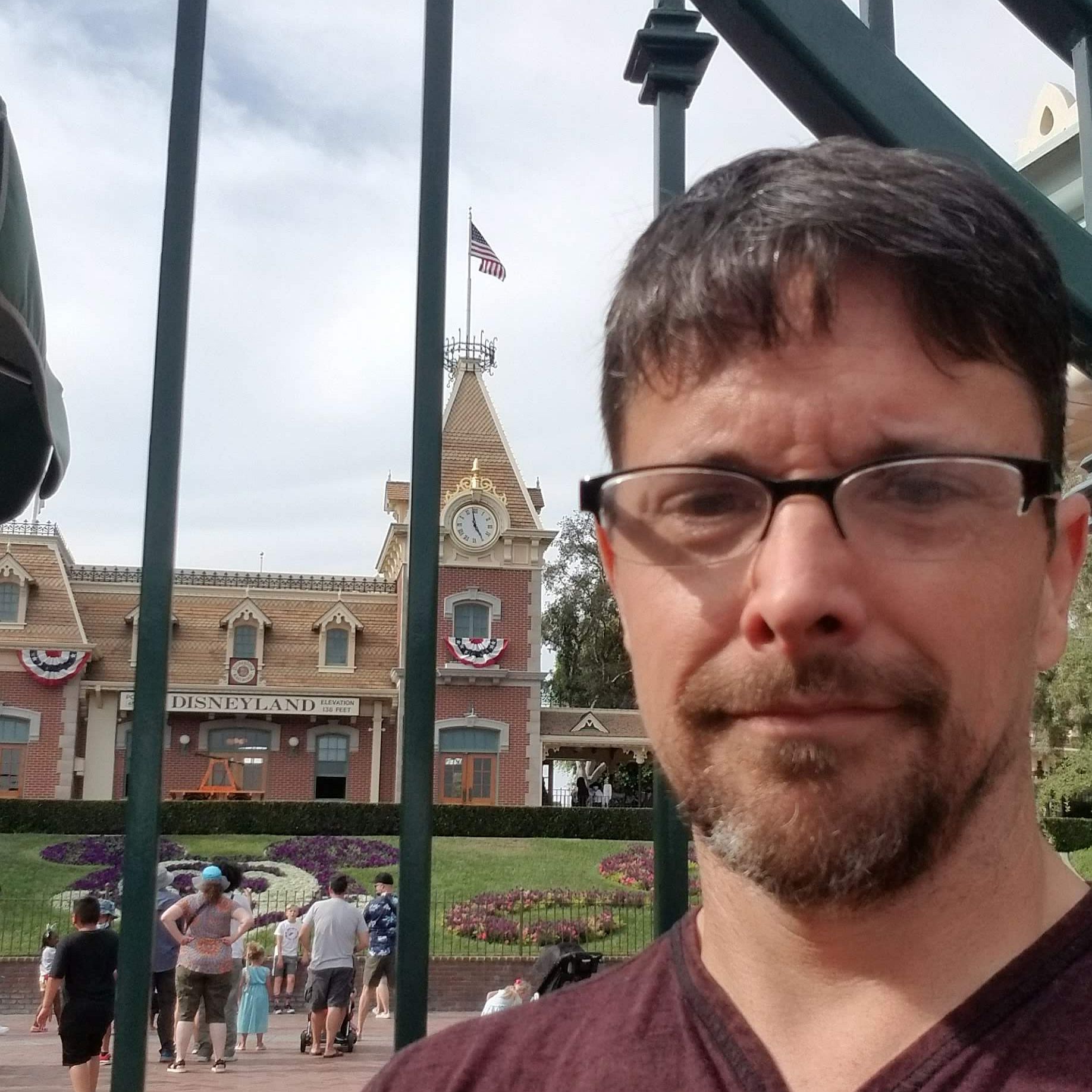
CinemaBlend’s resident theme park junkie and amateur Disney historian, Dirk began writing for CinemaBlend as a freelancer in 2015 before joining the site full-time in 2018. He has previously held positions as a Staff Writer and Games Editor, but has more recently transformed his true passion into his job as the head of the site's Theme Park section. He has previously done freelance work for various gaming and technology sites. Prior to starting his second career as a writer he worked for 12 years in sales for various companies within the consumer electronics industry. He has a degree in political science from the University of California, Davis. Is an armchair Imagineer, Epcot Stan, Future Club 33 Member.
